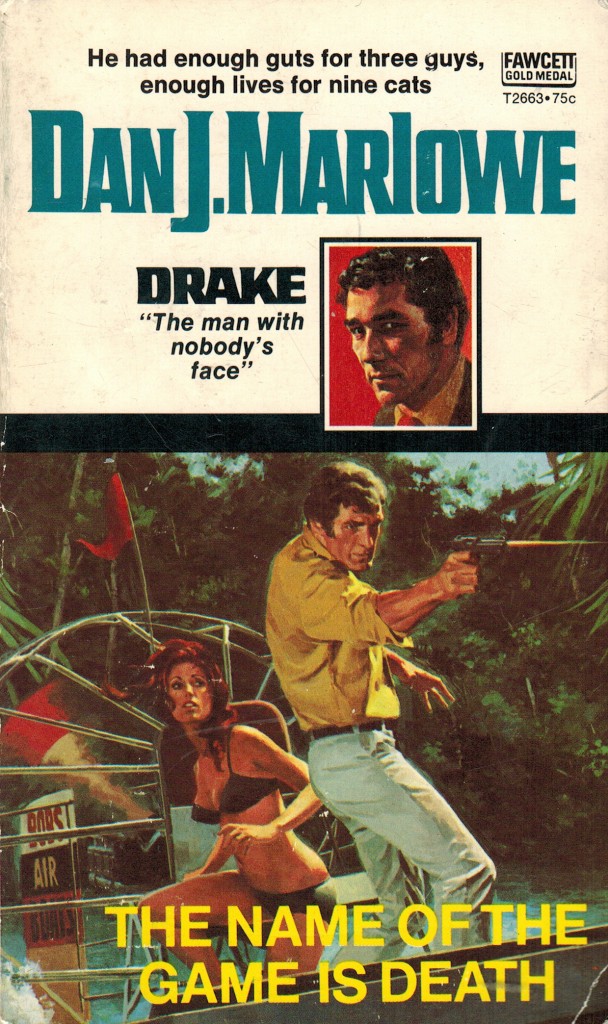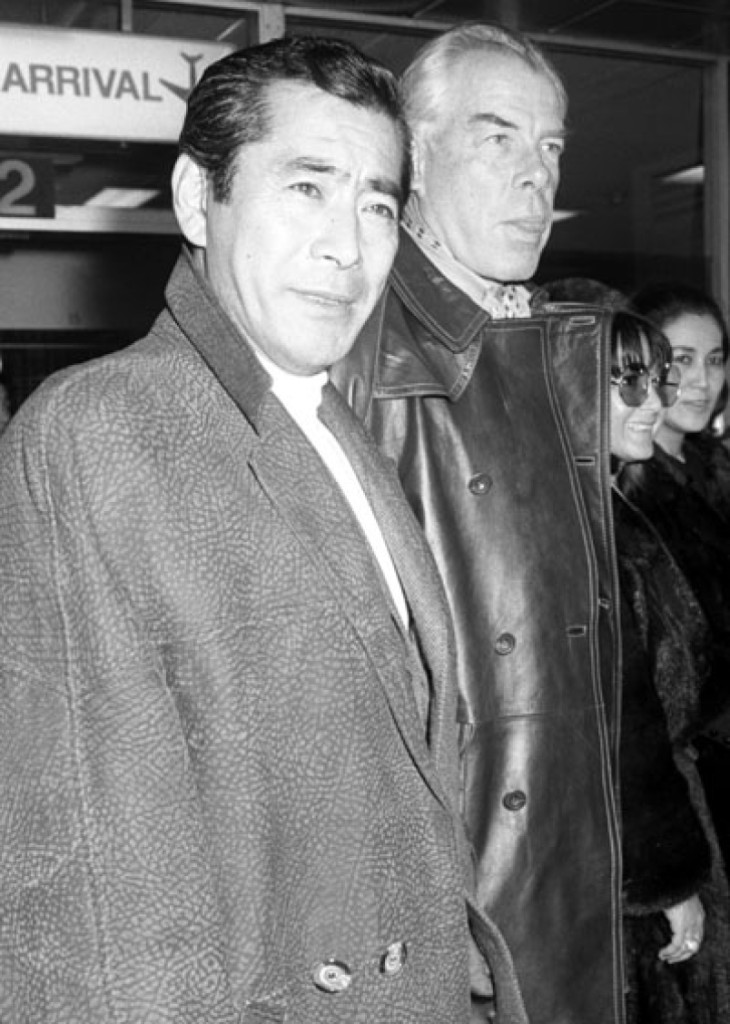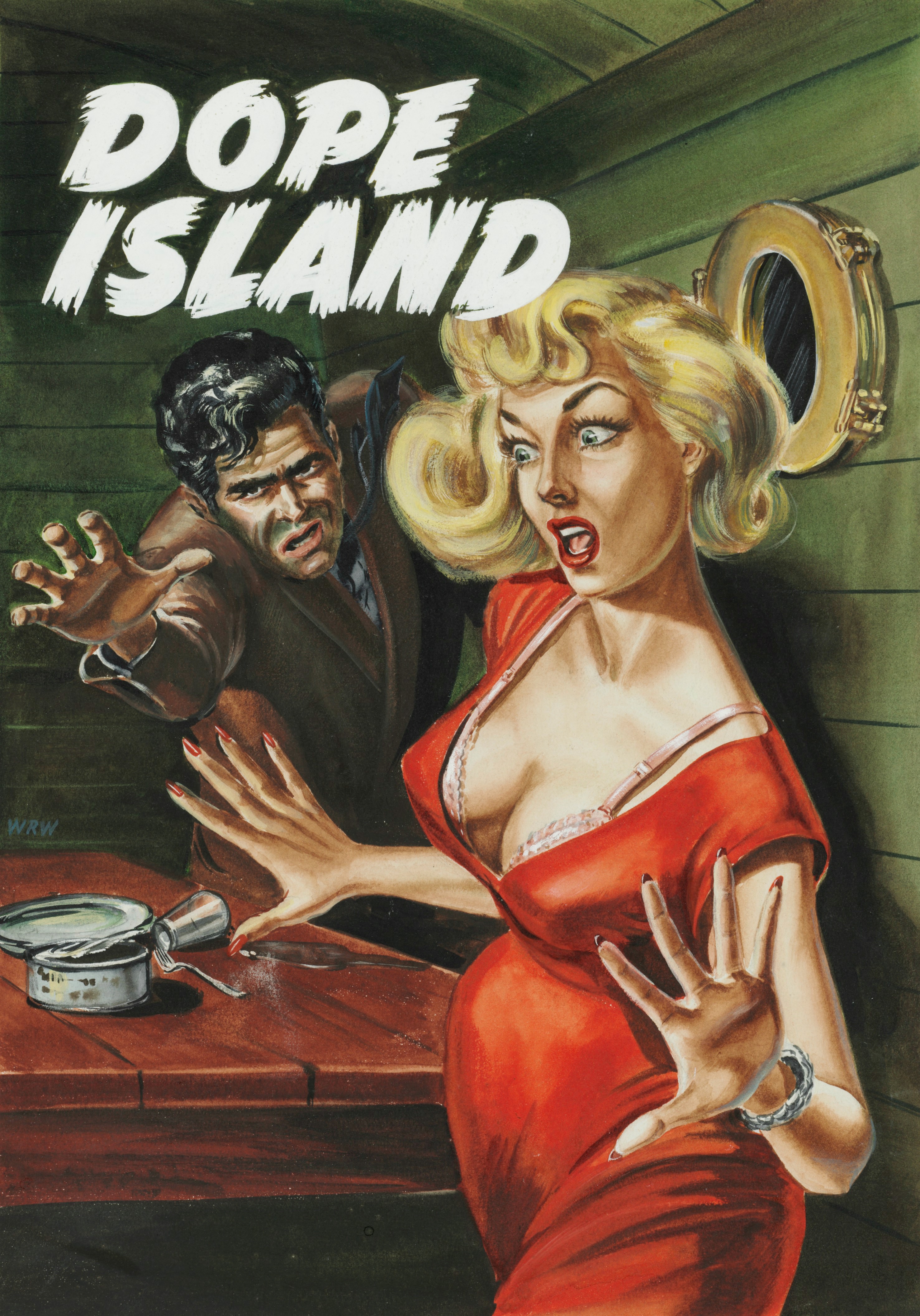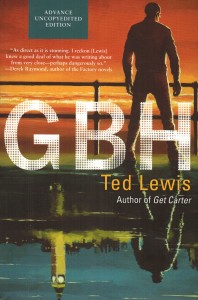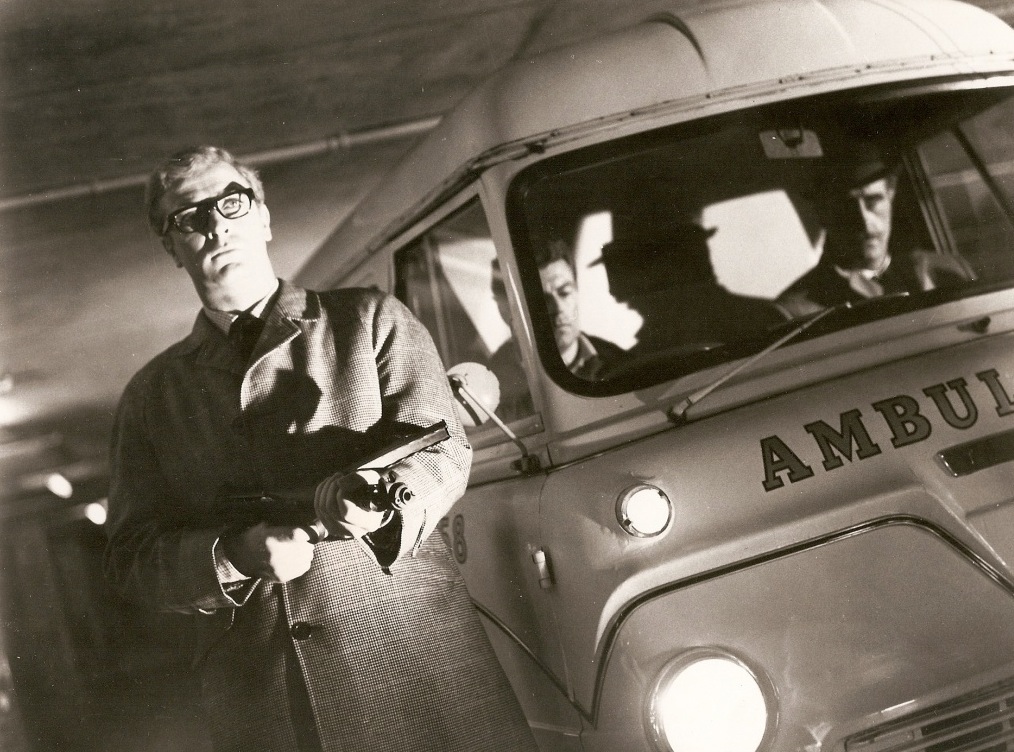Today’s Pulp Friday offering will be familiar to fans of hardboiled crime fiction, the 1972 edition of The Name of the Game Is Death, by Dan J Marlowe, published by Fawcett Gold Medal.
Although Marlowe is not well known today, aficionados acknowledge he had a major impact on the genre. His books are often compared to Jim Thompson and he influenced writers such as Steven King, and no doubt many others.
I first heard of The Name of the Game is Death during an interview I conducted last year with New Jersey-based Wallace Stroby for issue 17 of Crime Factory (that interview is available in full here). I asked Stroby about some of the lesser-known sixties pulp paperback crime writers who had influenced him, and he nominated Marlowe and, in particular, this book.
Originally published in 1962, The Name of the Game Is Death begins with three criminals pulling a bank heist in Phoenix, Arizona. One of the team is killed in the attempted getaway, another flees to Florida with the money, while the third, the narrator, plans to meet up with him later when police attention has died down. When the accomplice breaks contact, the narrator suspects something is up and travels to the small town from which the accomplice last contacted him, to see for himself what has happened.… Read more

